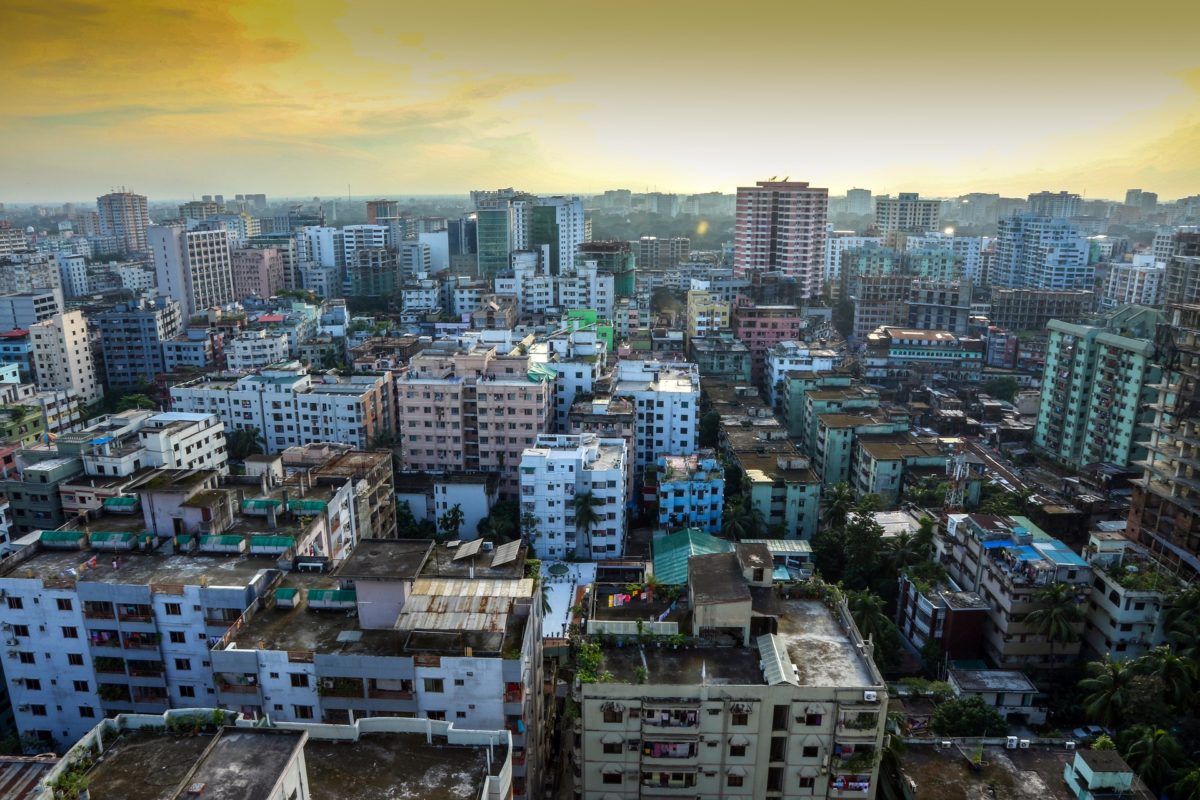Solar companies in Bangladesh which took out low-interest government loans to roll-out installations under various energy programs have asked for $145 million worth of their borrowings to be waived because customers hit by the Covid-19 crisis have been unable to pay for their systems.
The government-run Infrastructure Development Company Limited (Idcol) has made cheap ‘soft’ loans available to solar companies in a bid to accelerate renewable energy deployment programs, with the solar companies using the finance to make small scale solar home systems (SHS’) more affordable to customers.
Idcol chief executive Mahmood Malik confirmed to pv magazine a request to waive repayment of $145 million owed by solar installers to the organization had been received and would be considered by the board before a recommendation was passed to its regulator, the ministry of finance.
“It’s a genuine case,” said Malik. “We will place it properly to the government. Yes, they [solar companies] are affected. We will look into it.”
Benefits
The request was lodged by the Idcol Partner Organisation Forum Trust, on behalf of 57 companies which have drawn down soft loan funding.
Trust president Munawar Misbah Moin cited the 4.2 million solar home systems installed across the nation thanks to Idcol funding in his letter to the organization seeking a loan waiver. Separate, non-renewables-specific government relief programs Test Relief and Taka for Works have also driven the installation of 1.15 million solar home systems plus 36,000 larger arrays for educational institutions and 250,000 solar street lights.
Popular content
Moin said the solar devices rolled out with the help of such programs add up to around 250 MW of small scale solar generation capacity and have created direct employment for 10,000 people and indirectly helped a further 50,000. The solar programs have helped the establishment of 83 solar LED light manufacturers in Bangladesh, according to Moin, as well as 74 solar charge controller suppliers, 22 solar battery makers and the same number of solar street light producers, 11 solar inverter companies, nine PV panel manufacturers and nine solar pipe manufacturing units.
Small concession
“We have very strong grounds to make the demand,” Moin told pv magazine, adding rapid expansion of electricity grid infrastructure in the country was already putting pressure on off-grid solar suppliers. “The government is providing subsidy to conventional power plants in a large volume every year. The amount we sought as a waiver is very minimal compared to SHS’s’ contribution to households and the environment.”
The partner organization spokesman added, Bangladeshi solar companies have repaid 95% of the soft loans taken out to date.
A Covid-19 shutdown was imposed in Bangladesh on March 26, limiting transport and shutting down commercial activity. The lockdown will remain in place until at least May 30.
Bangladesh has 629 MW of renewables generation capacity, of which 395.17 MW is solar. The government wants to generate 10% of total electricity from renewables by next year.
This content is protected by copyright and may not be reused. If you want to cooperate with us and would like to reuse some of our content, please contact: editors@pv-magazine.com.


2 comments
By submitting this form you agree to pv magazine using your data for the purposes of publishing your comment.
Your personal data will only be disclosed or otherwise transmitted to third parties for the purposes of spam filtering or if this is necessary for technical maintenance of the website. Any other transfer to third parties will not take place unless this is justified on the basis of applicable data protection regulations or if pv magazine is legally obliged to do so.
You may revoke this consent at any time with effect for the future, in which case your personal data will be deleted immediately. Otherwise, your data will be deleted if pv magazine has processed your request or the purpose of data storage is fulfilled.
Further information on data privacy can be found in our Data Protection Policy.